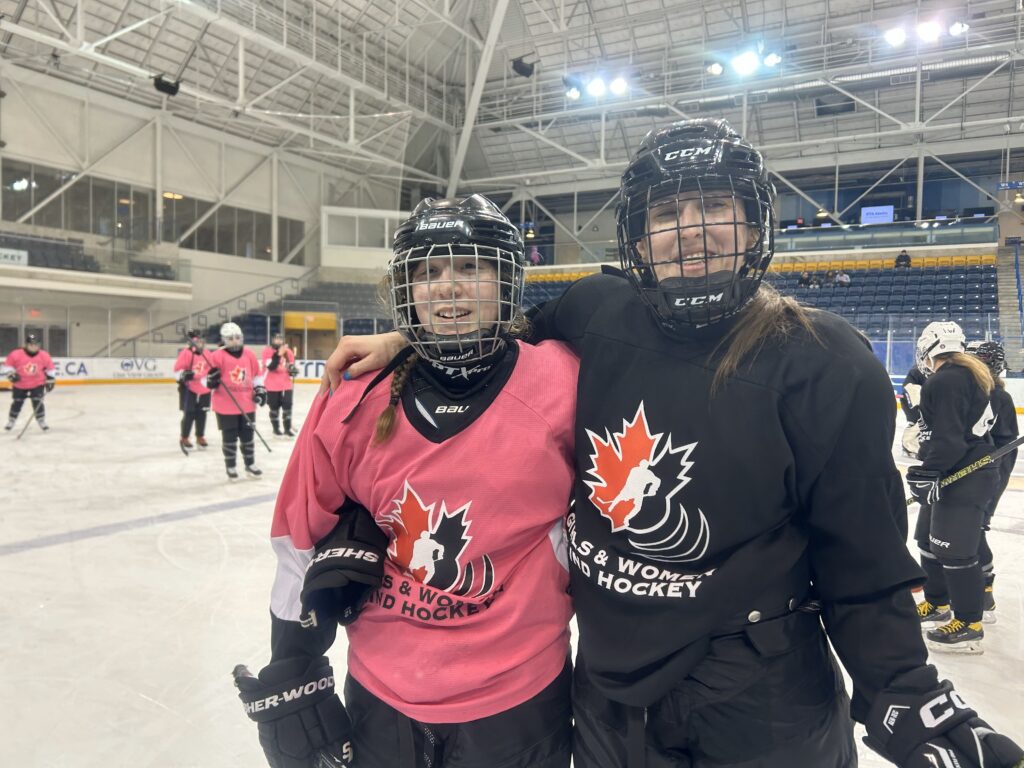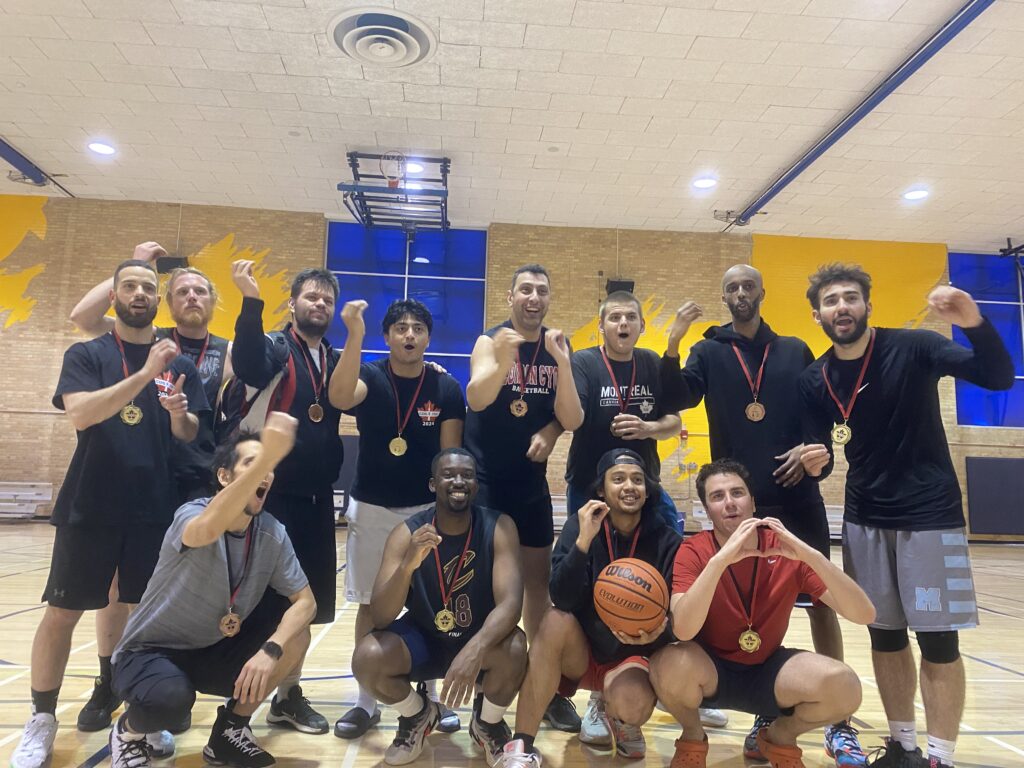Celebrating the heart of special olympics coaches
During National Coaches Week, we’re highlighting a study capturing the voices of Special Olympics Canada coaches. Beyond sport, they manage routines, ease nerves, and guide athletes through new experiences. Their stories reveal the often unseen, but vital side of coaching, and highlight the many roles Special Olympics coaches play in supporting athletes.
Improving data collection for athletes with concussions
A systematic review of concussion studies found that only 15.5% of concussion studies reported participants’ cultural background, and just 7.6% included ethnicity. Of those, 70% were white. The authors note that race, ethnicity, and culture can influence access to care, symptom reporting, and recovery. Without this data, disparities may persist. Better demographic reporting can help…
Social support helps refugee athletes rebuild through sport
Elite refugee athletes face major challenges when trying to continue their sport careers in Canada, like being unfamiliar with the system, feeling isolated, and losing their athletic identity. This study found when they had support from family, coaches, or community groups, they were more likely to stay involved in sport and rebuild a sense of…
LGBTQ+ Women in Rugby
A recent study in the women’s rugby community revealed that most LGBTQ+ women experience inclusive interactions with others. But, participants also pointed to barriers to full inclusion, including the use of homophobic language in their environment and the persistence of harmful stereotypes. Team managers can use this insight to shape more effective EDI initiatives grounded…
Breaking Ice: Connecting Indigenous Culture and Sport Through Blind Hockey

In partnership with Canadian Blind Hockey June is National Indigenous History Month, a time to reflect on the strength, resilience, and contributions of First Nations, Inuit, and Métis peoples. It’s also a time to acknowledge the gaps that still exist, particularly in areas like sport, where Indigenous youth, especially those with disabilities, continue to face…
Socioeconomic status and sport participation
Socioeconomic status can greatly influence sport participation. For example, a study of more than 1000 youth showed that kids from less affluent families tried fewer sports, had lower rates of overall sports participation, and were less physically active. Reducing common barriers, such as providing affordable sport programs and transportation options, may help to make sport…
Supporting racialized student athletes
Racialized student athletes may experience higher levels of poor mental health. A recent consensus seeking process undertaken among NCAA student athletes, educators, administrators, and health professionals identified 42 strategies for higher education institutions to address the mental health needs of racialized student athletes. Examples include having clear pathways to report discrimination, having diversity in sports…
Deaf sport isn’t just white: Telling a colourful story

The first time I stepped onto the field as a deaf athlete, I was not just competing. I felt like I belonged. I felt connected to the deaf community around me. The beauty of sign language had value and there was a tangible sense of family. But belonging is complicated when people only see us,…
Climbing without limits: One athlete’s blind pursuit of new heights in adaptive sport

There is a moment in every athlete’s life when they face trials and tribulations. For Chaz Misuraca, that moment did not come in the form of an opponent or a grueling training session, but in the slow, inevitable loss of his sight. The world of sport, once familiar, became an enigma, a puzzle that required…